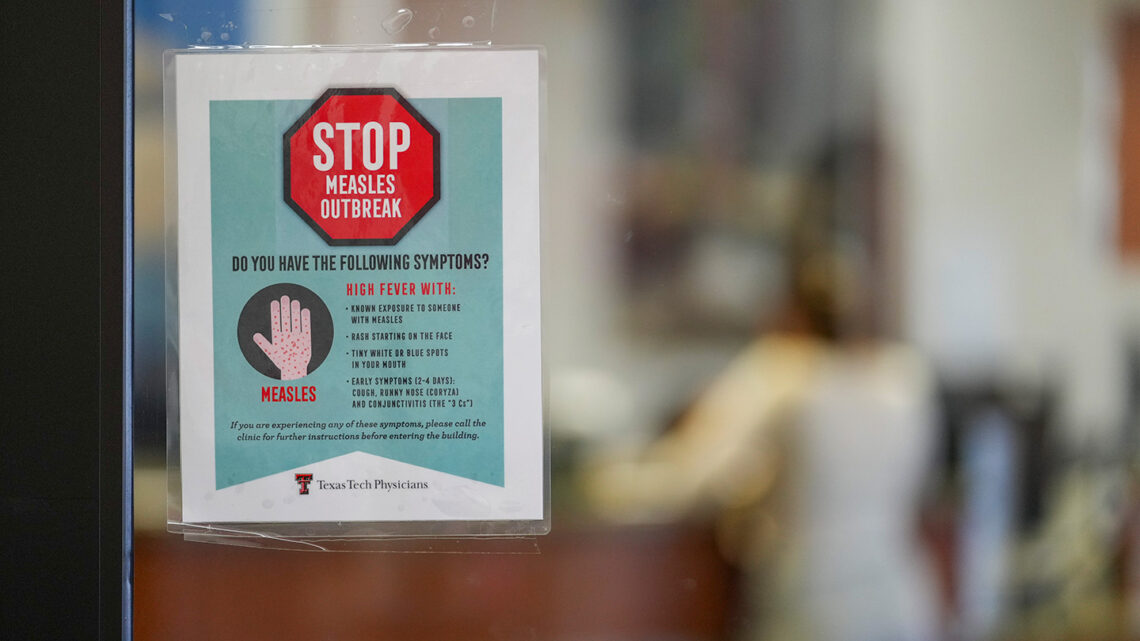adolescence: A transitional stage of physical and psychological development that begins at the onset of puberty, typically between the ages of 11 and 13, and ends with adulthood. People undergoing this transition are known as adolescents.
antibodies: Any of a large number of proteins that the body produces from B cells and releases into the blood supply as part of its immune response. The production of antibodies is triggered when the body encounters an antigen, some foreign material. Antibodies then lock onto antigens as a first step in disabling the germs or other foreign substances that were the source of those antigens.
bacteria: (adj. bacterial) Single-celled organisms. These dwell nearly everywhere on Earth, from the bottom of the sea to inside other living organisms (such as plants and animals). Bacteria are one of the three domains of life on Earth.
cancer: Any of more than 100 different diseases, each characterized by the rapid, uncontrolled growth of abnormal cells. The development and growth of cancers, also known as malignancies, can lead to tumors, pain and death.
clinical trial: A research trial that involves people.
clot: (in medicine) A collection of blood cells (platelets) and chemicals that collect in a small region, stopping the flow of blood.
COVID-19: A name given to the disease that erupted into a massive global pandemic in 2020. It first emerged in 2019 and is caused by a new coronavirus known as SARS-CoV-2. Symptoms can include pneumonia, trouble breathing, feeling too tired to walk more than a few steps, fever, headaches, low blood-oxygen levels, blood clots and brain “fog.”
dehydrate: To lose a large amount of water.
develop: To emerge or to make come into being, either naturally or through human intervention, such as by manufacturing.
diarrhea: (adj. diarrheal) Loose, watery stool (feces) that can be a symptom of many types of microbial infections affecting the gut.
diphtheria: A bacterial…
Read the full article here

